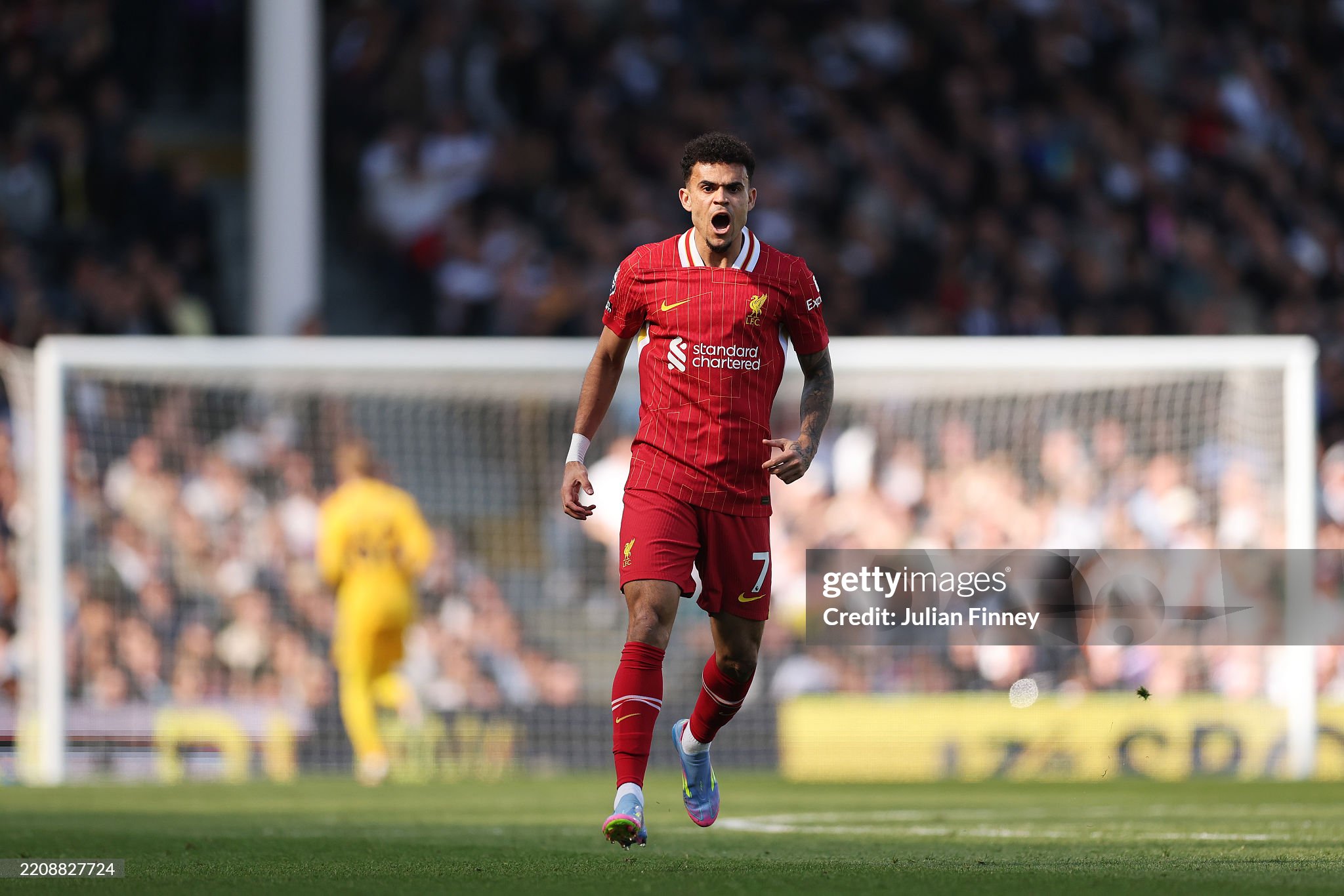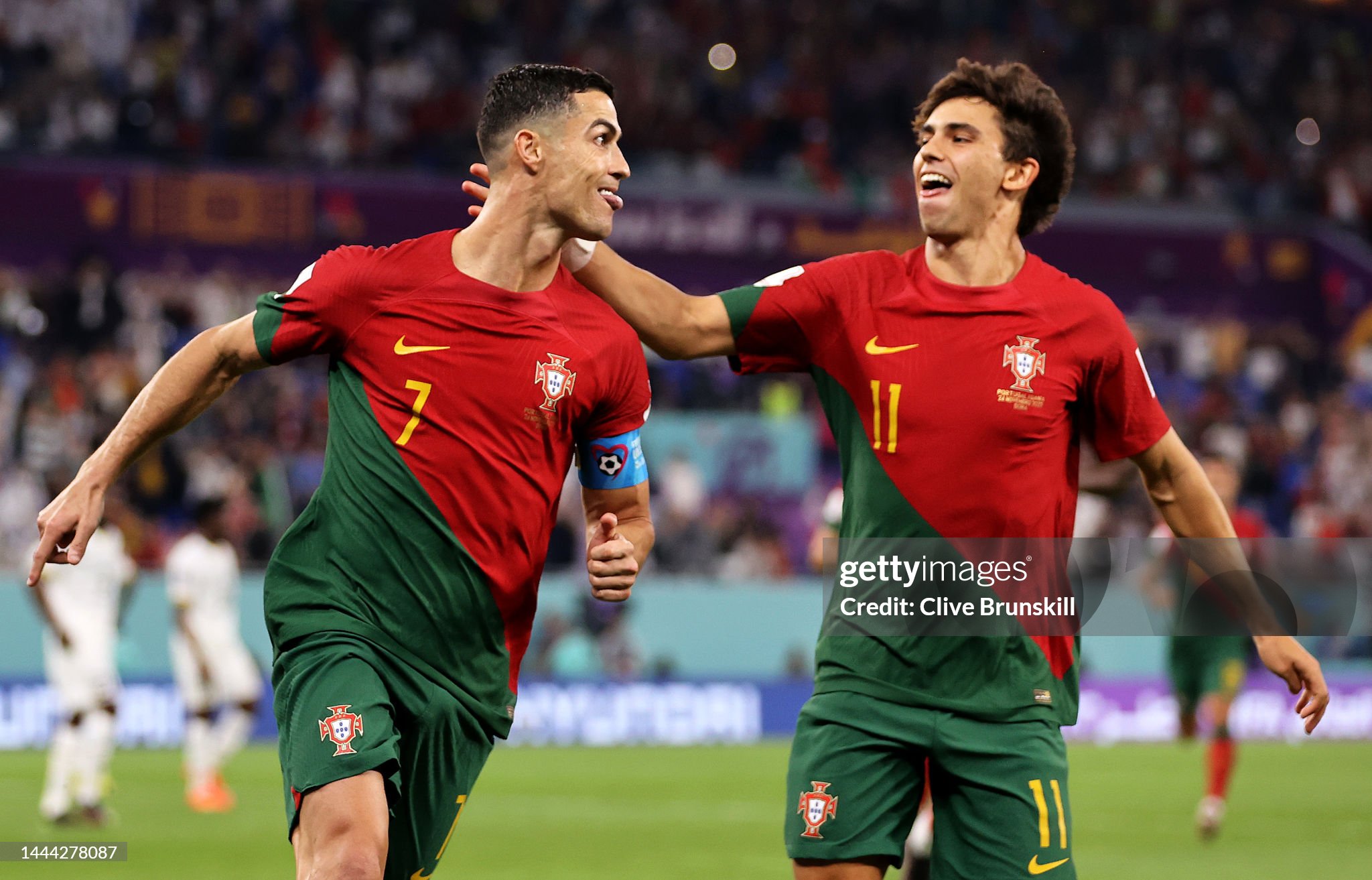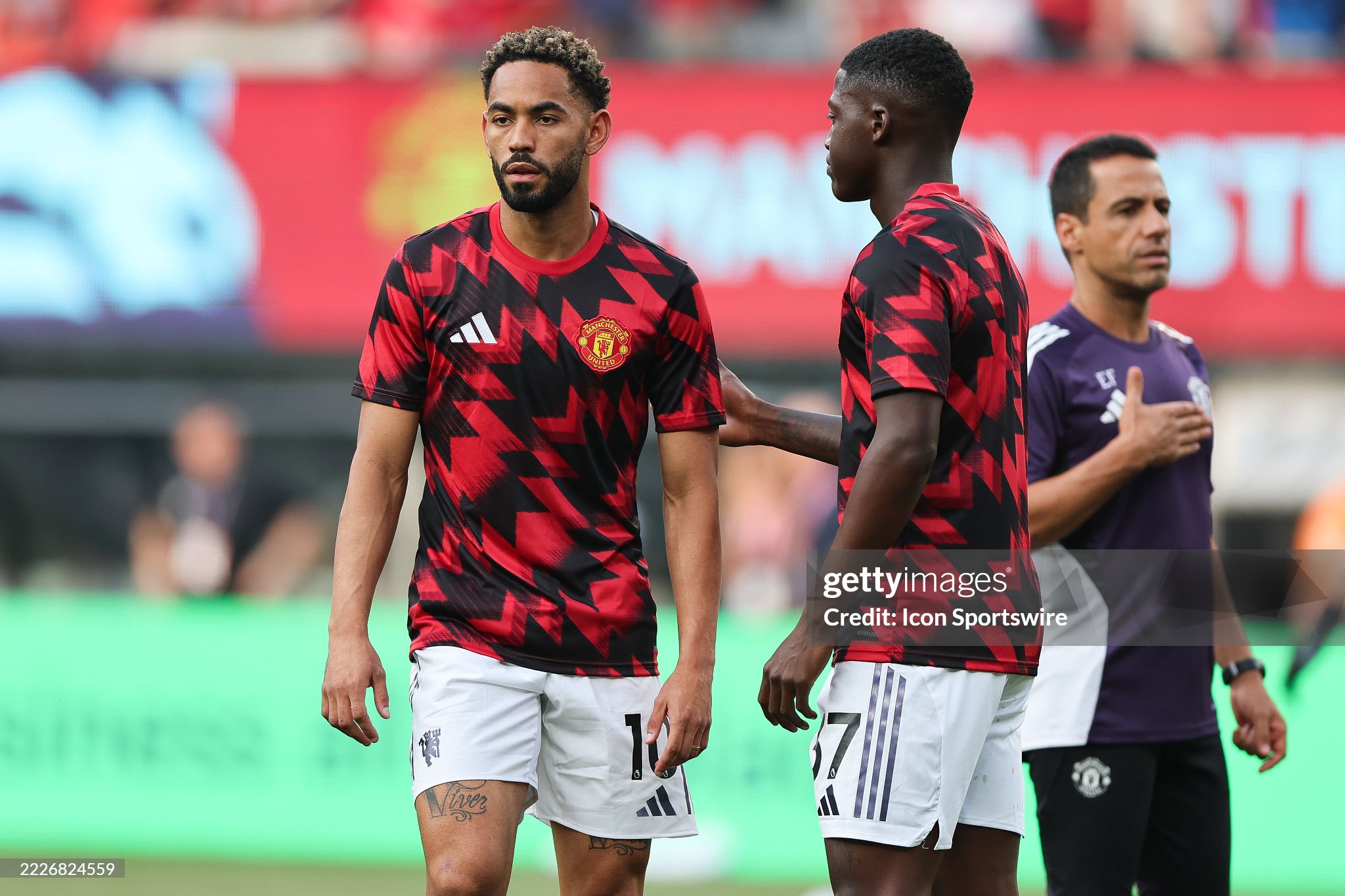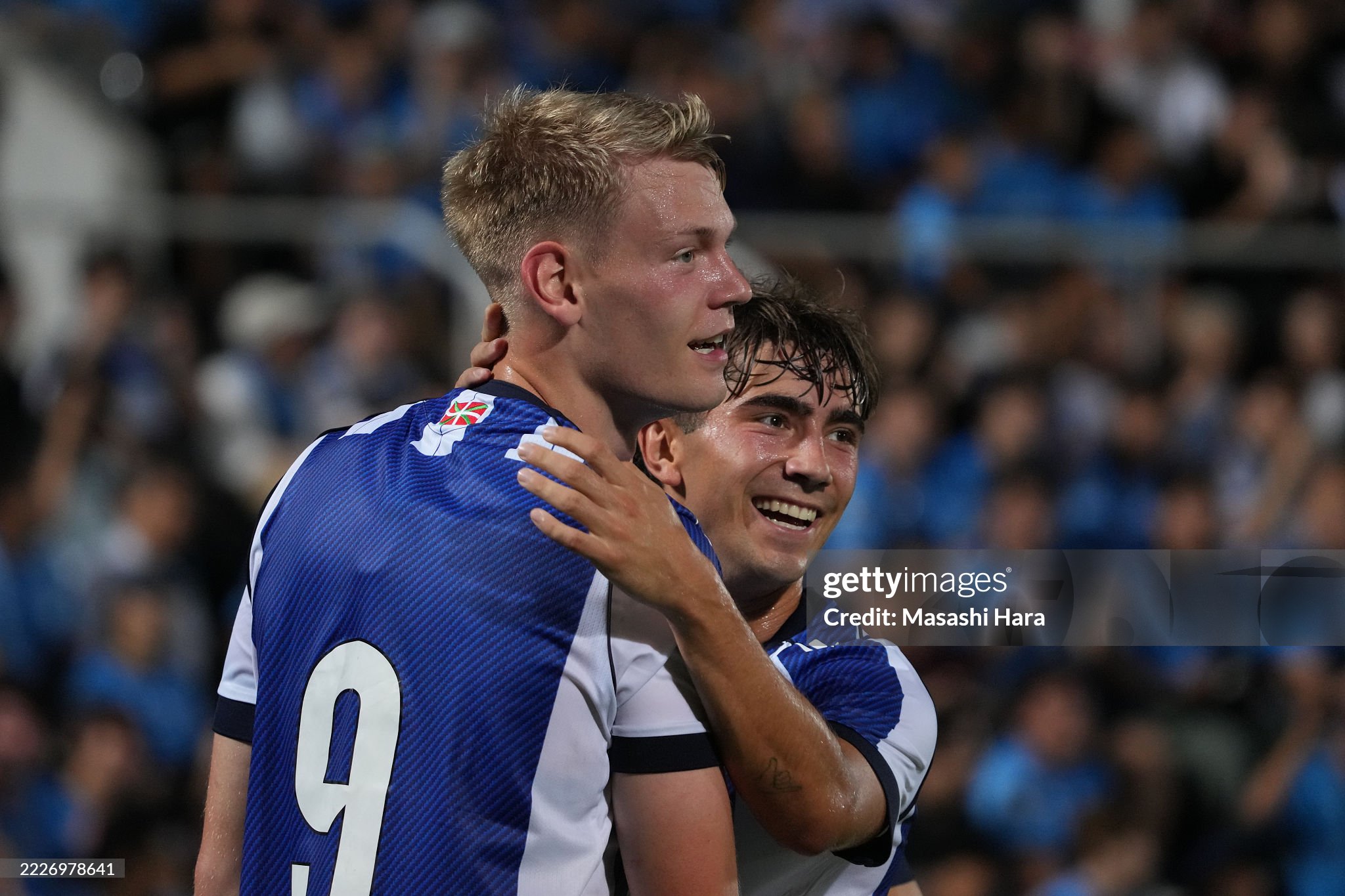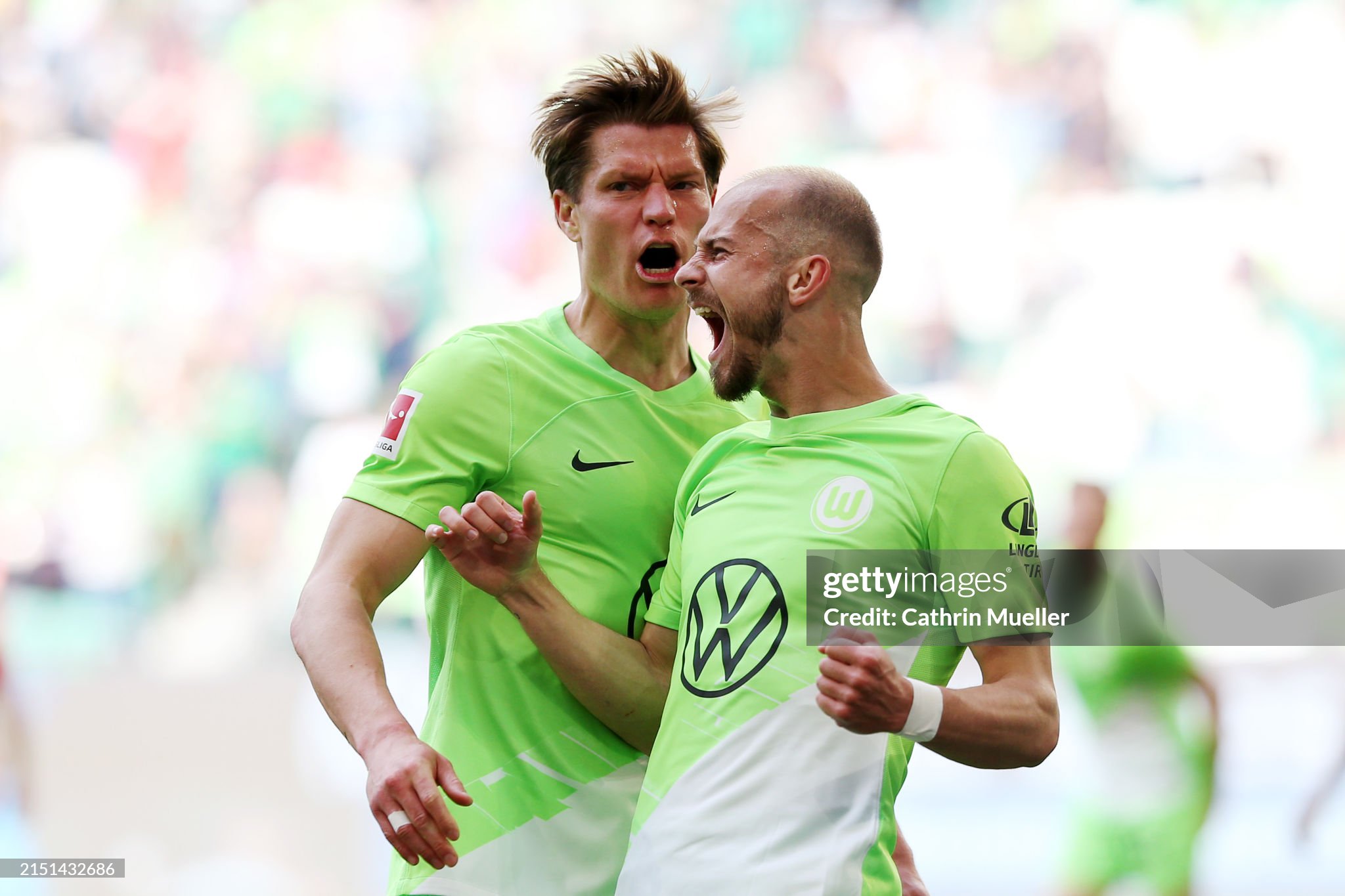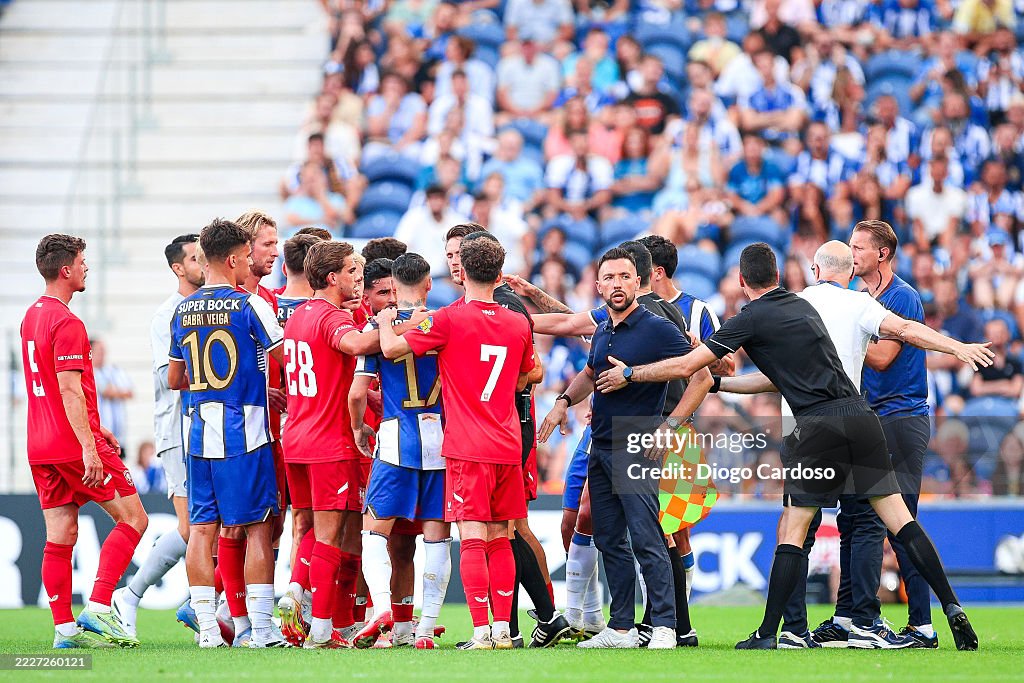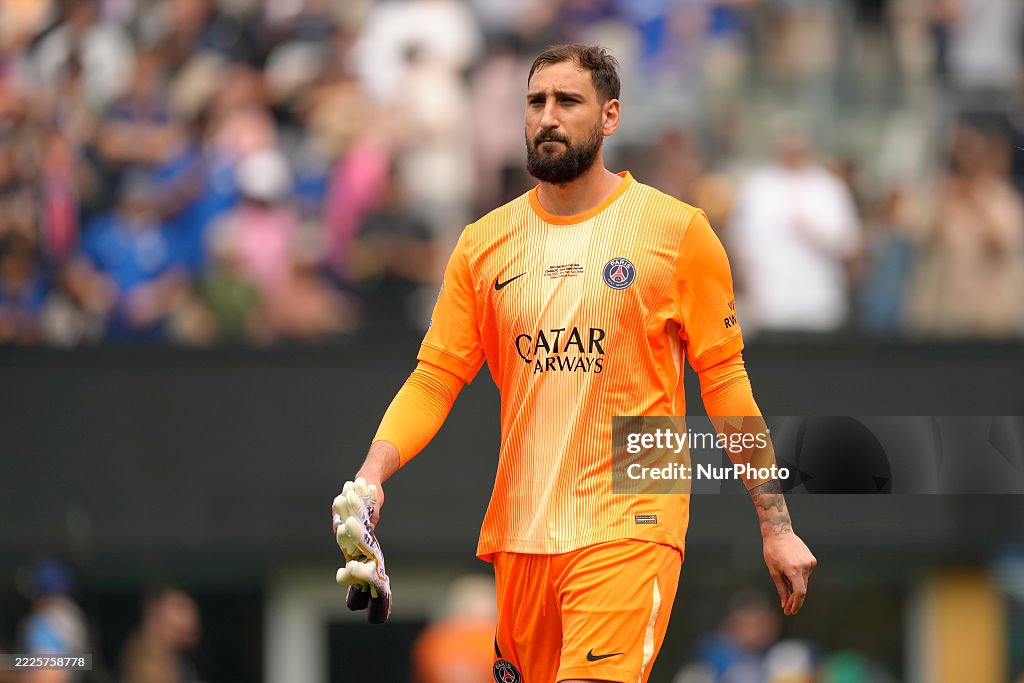The lessons of Johan Cruijff still live on in the football world. Enzo Maresca, as a former assistant to Pep Guardiola, is one of the coaches who passes on the Dutch football icon's theories to the new generation of top players.
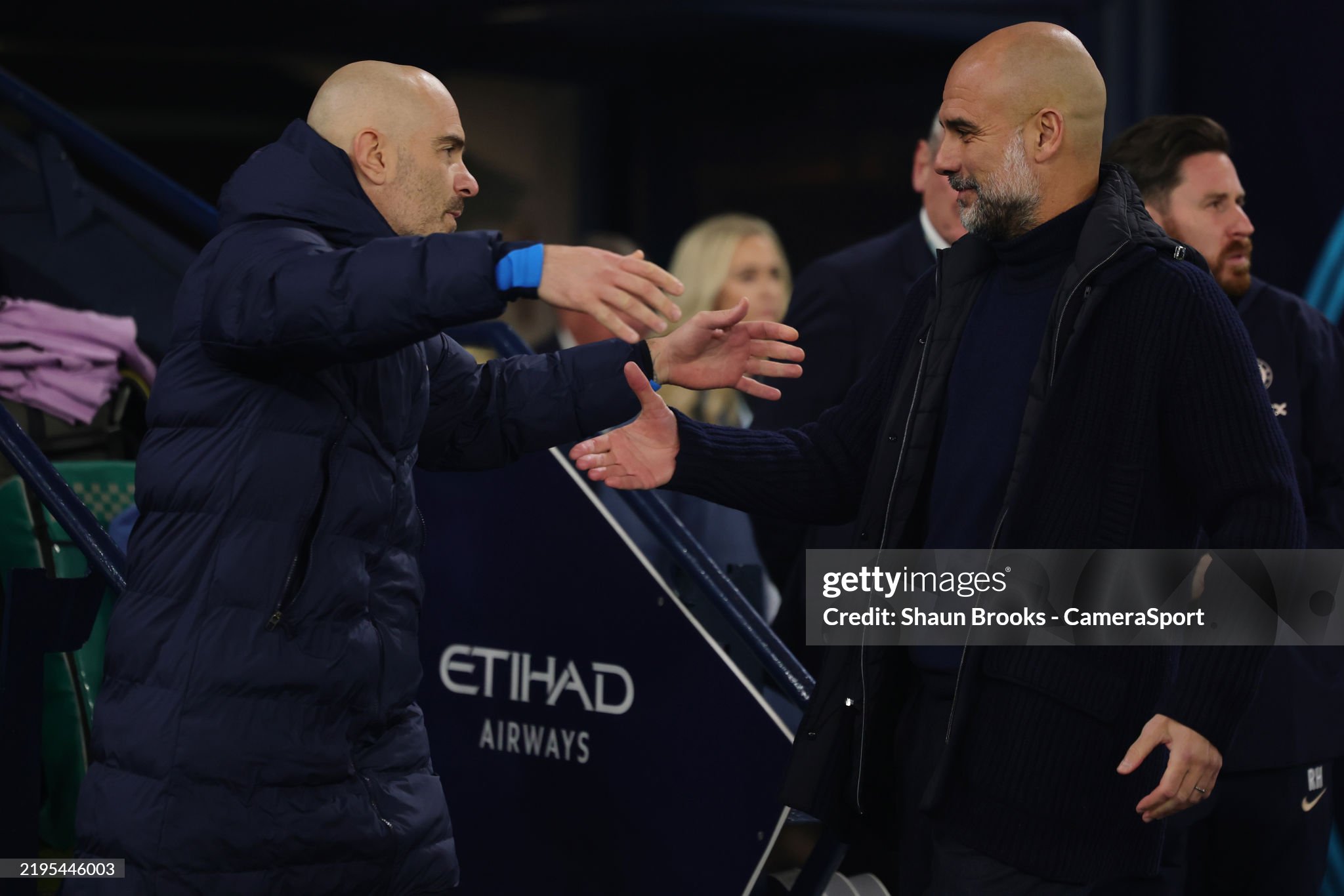 Embed from Getty Images
Embed from Getty Images
That’s what the Chelsea manager revealed in an in-depth interview with Corriere della Sera, offering rare insight into his first season in charge at Stamford Bridge and the guiding philosophies behind his management.
Enzo Maresca, the 45-year-old Italian tactician, took the reins of Chelsea in the summer amid considerable skepticism and pressure. Yet, against all odds, he managed to restore a sense of identity and direction at a club that had been mired in inconsistency since its Champions League triumph in 2021.
Speaking with the Italian newspaper, Maresca reflected on what many deemed a transitional year but which ultimately turned into a season of resurgence. “We’re a year ahead of schedule with Champions League qualification, as the club had asked me to achieve that within two seasons,” he said, highlighting just how quickly his methods have started to bear fruit. The Blues not only secured a top-four finish but also showed signs of tactical maturity and cohesion attributes that had been sorely lacking under previous managers.
Chelsea’s decision to appoint Maresca came after turbulent stints under Graham Potter and Mauricio Pochettino. Despite the immense investment in the squad and a plethora of talented players, both managers struggled to impose a coherent style of play. The club had finished twelfth in the 2022/23 season and only slightly improved to sixth the following year. With Maresca, however, Chelsea bet on a different profile a relatively inexperienced head coach, but one deeply schooled in the positional and possession-based principles of Pep Guardiola, under whom he worked at Manchester City.
In many ways, Maresca represents a new wave of tacticians meticulous, modern, and ideologically rooted in the teachings of Johan Cruijff. Guardiola himself has often credited Cruijff as the most influential figure in his development, both as a player and as a manager. That lineage is now extending into Maresca’s career. At Chelsea, the fingerprints of this philosophical heritage are already visible, both on and off the pitch.
One particular lesson from Cruijff has taken center stage in Maresca’s approach and now serves as a daily reminder for his players. “On average, a player has the ball for only three minutes in a match. What do you do during the other 87 minutes when you don’t have the ball? That determines whether you're a good player or not. Players need to understand that sentence you're useful even without the ball,” Maresca explained. This quote has become more than just a motto; it’s printed and displayed prominently in Chelsea’s dressing room, as it was during his time at Leicester City. It even appears on his WhatsApp profile, symbolizing how central it is to his worldview.
This philosophy underpins the tactical structure Maresca has built at Chelsea one that demands high intelligence, spatial awareness, and a collective mindset. His Chelsea side presses with intensity, recycles possession efficiently, and transitions seamlessly between phases of play, ensuring that every player contributes meaningfully even when not directly involved with the ball. It's a model of play that resonates with Cruijff's foundational idea that football is a team game governed by space and time and not just technical brilliance.
Yet Maresca’s influences go beyond the Dutch master and Guardiola. During his early years as a professional footballer, Maresca had the privilege of working under Marcelo Lippi at Juventus in the early 2000s. Lippi, a World Cup-winning coach with Italy, was known for his ability to galvanize dressing rooms and manage egos at the highest level. “His ability to get into players’ heads and motivate each individual in the right way was exceptional,” Maresca recalled. “I try to follow his example. That’s what I aim for.”
Lippi’s impact on Maresca is evident in his man-management style. While his tactical principles stem from the Cruijff-Guardiola school of thought, his interpersonal approach reflects Lippi’s psychological acumen balancing empathy with expectation, and motivation with discipline. It’s this blend that makes Maresca a unique figure among the current crop of managers: a bridge between two generations of football thinking.
Looking ahead, Maresca is under no illusions about the challenges that await. The Premier League remains fiercely competitive, and expectations at Chelsea are always high. But with a clear footballing identity, a committed squad, and deep-rooted influences guiding his methods, the Italian appears well-equipped to lead the club into a new era.
Updated: 12:19, 12 Jun 2025
